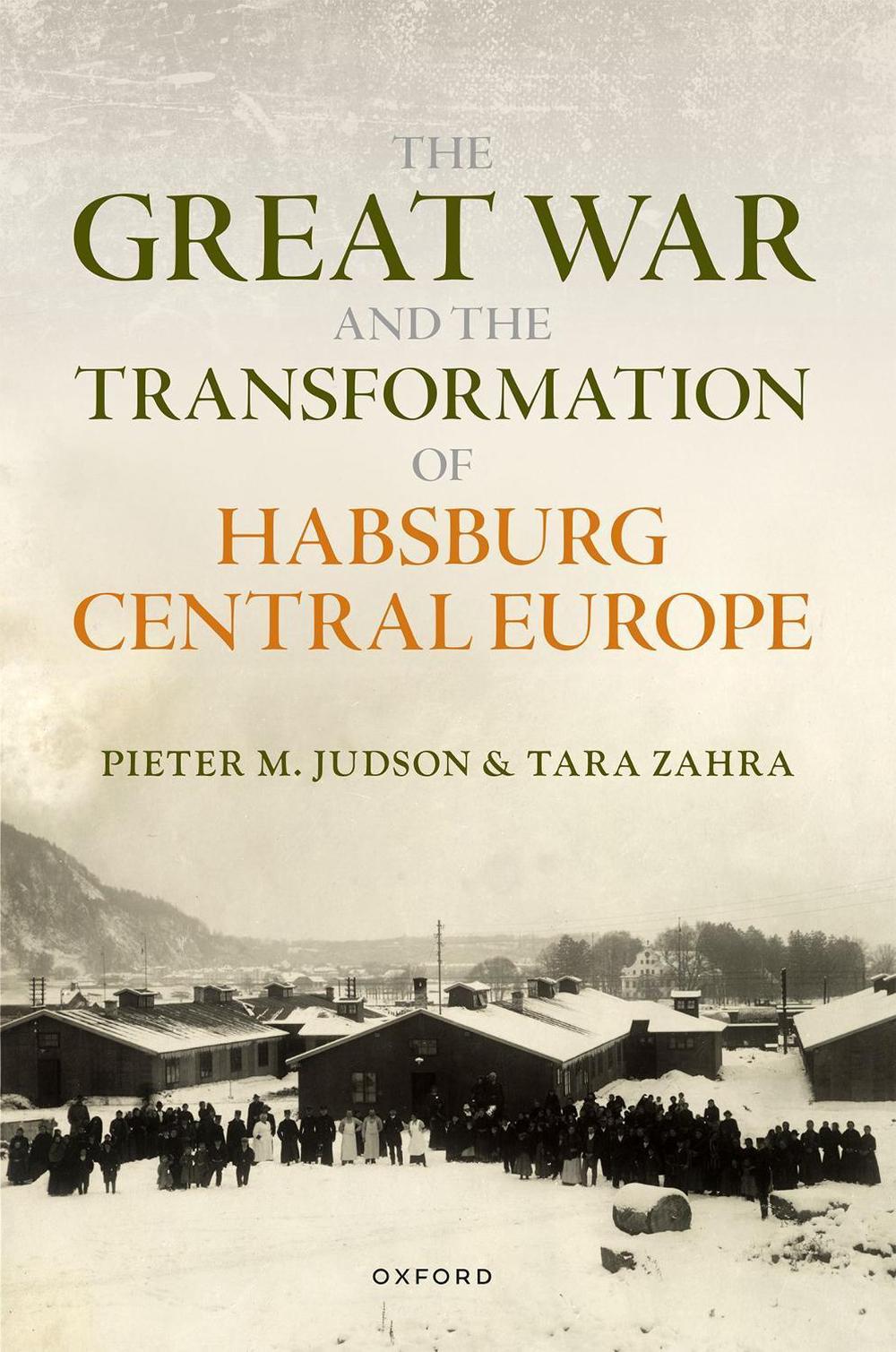
The Great War and the Transformation of Habsburg Central Europe
$109.29
- Hardcover
208 pages
- Release Date
17 December 2025
Summary
The Shattered Empire: How WWI Dismantled Habsburg Central Europe
The world watched Austria-Hungary on June 28, 1914, yet few foresaw the profound repercussions of Sarajevo. While the assassination sparked outrage, war wasn’t inevitable, nor was the Monarchy’s disintegration predetermined.
The Great War and the Transformation of Habsburg Central Europe explores how WWI fractured the multinational Austro-Hungarian Monarchy, fostering mistrust, scarcity, and ultimately…
Book Details
| ISBN-13: | 9780198804000 |
|---|---|
| ISBN-10: | 0198804008 |
| Series: | The Greater War |
| Author: | Pieter M. Judson, Tara Zahra |
| Publisher: | Oxford University Press |
| Imprint: | Oxford University Press |
| Format: | Hardcover |
| Number of Pages: | 208 |
| Release Date: | 17 December 2025 |
| Weight: | 0g |
| Dimensions: | 234mm x 156mm |
You Can Find This Book In
About The Author
Pieter M. Judson
Pieter M. Judson taught at the European University Institute in Florence from 2014-2024 and at Swarthmore College as Isaac Clothier Professor of History. Judson holds a Ph.D. from Columbia University (1987) and has authored several books on the history of Habsburg Central Europe. He has served as President of the Central European History Society of North America and as editor of the Austrian History Yearbook. He received fellowships from Guggenheim, Fulbright, the NEH, Marshall, the IFK (Vienna), the American Academy in Berlin, and Phi Beta Kappa. In 2010 the Austrian government awarded him the Karl von Vogelsang state prize.
Tara Zahra is the Hanna Holborn Gray Professor of History and the Roman Family Director of the Neubauer Collegium at the University of Chicago. Her research focuses on the transnational history of modern Europe, migration, the family, nationalism, globalization, and the history of dance. She was awarded a Macarthur Fellowship in 2014 and is a member of the American Academy of Arts and Sciences.
Returns
This item is eligible for free returns within 30 days of delivery. See our returns policy for further details.




